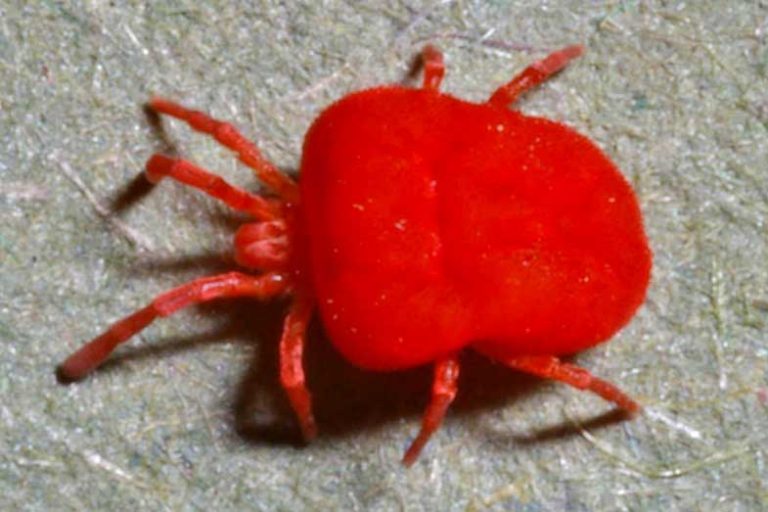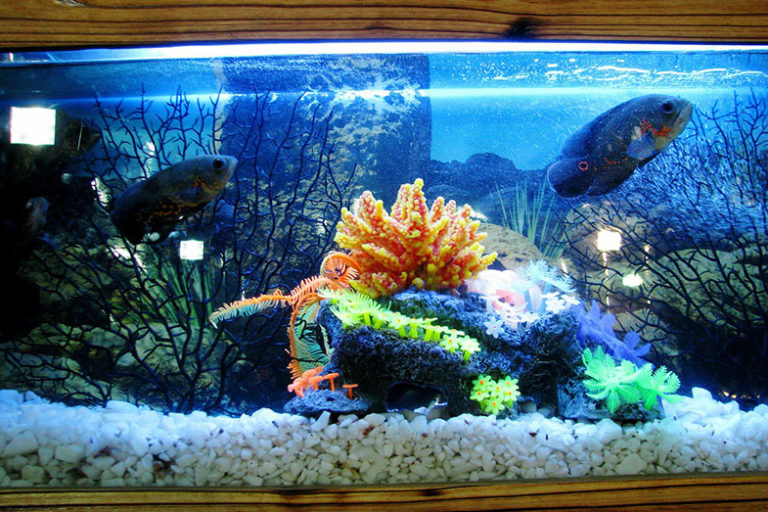How Do Iguanas Sleep (and Where)?
Disclosure: We may get commissions for purchases made through links in this post.
Iguanas are usually found in warm places such as Florida. They come out during the day and sleep at night, just like us. Aside from what they do when they’re awake, it’s also interesting to learn about their sleeping habits.
How and where do iguanas sleep? Iguanas often sleep with one eye open to stay alert of any danger. They like to sleep high up in trees where they can remain hidden and safe. They also sleep in dark areas such as under rocks, in tunnels, caves, and hidden nests.
Understanding an iguana’s sleeping habit is useful if you want to own one. That way, you’ll be able to replicate the conditions of the wild so that it can sleep well. If you’re going to get yourself an iguana or if you already own one, then keep reading. Here, we’ll discuss how they sleep, where they sleep, what they do at night, and other essential things.
Where Do Wild Iguanas Sleep at Night
Iguanas generally don’t like to be seen, which is why they usually stay in places where they can hide. This is especially important to avoid predators. For this reason, they like to sleep in dark and quiet areas such as under rocks or in tunnels. In some cases, you’ll also see them nest in caves because they are both dark and quiet, and away from outside dangers.
Do Iguanas Sleep in Trees?
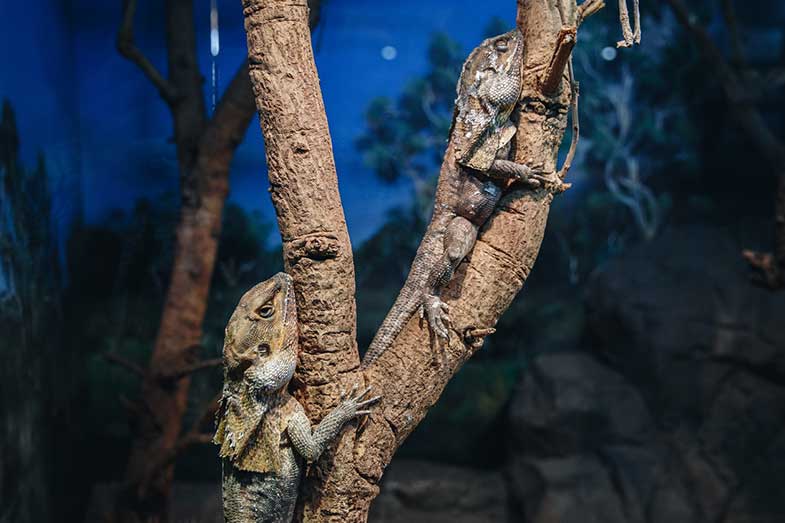
Iguanas indeed sleep in trees and also love to bask in the sunlight. During the day, they climb up trees and stay there to sunbathe. The reason for this is because they are cold-blooded, so they search for warm and dry areas. Since sunlight often shines toward trees, iguanas love to make it their home.
At the same time, they sometimes sleep in trees during the night. It’s not uncommon to see an iguana perched on top of a tree branch resting. In one interesting news clip back in 2018, Florida had an invasive iguana problem. Wildlife ecologists deemed this as a problem, so scientists hunted for these iguanas during the night on trees to pull them away.
Scientists knew that iguanas live in trees and also sleep there. It’s also common for iguanas to fall from them while sleeping during the freezing, cold weather.
Do Iguanas Sleep in Just One Spot Their Whole Life?
Iguanas have instincts to avoid possible predators that aim to eat them. Iguanas can quickly switch from one spot to another to avoid any potential threats. They have specific criteria for when they look for a place to sleep and reside during the night. They include:
- Hidden places
- Out of the way from other animals
- Underneath something
- Unexpected places
- Areas away from heat (sometimes, they want to sunbathe though)
Do Iguanas Sleep With Their Eyes Open?
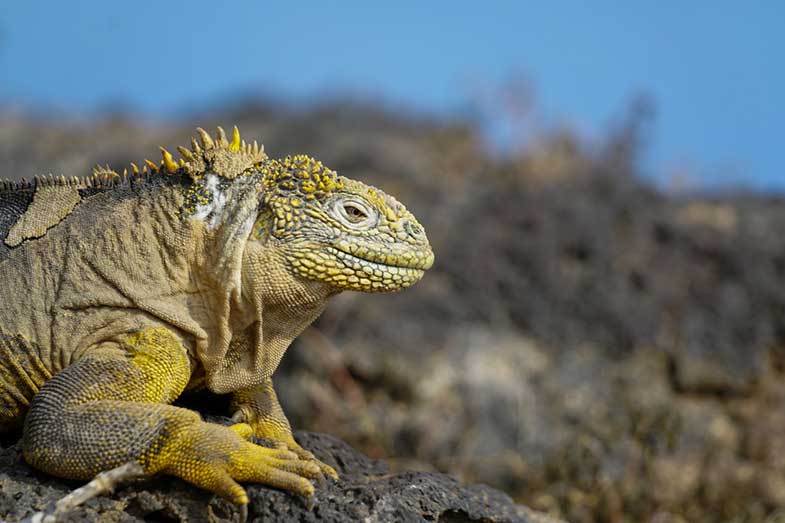
When an iguana sleeps, their heartbeat decreases as they enter a restful state. However, they are not fully asleep since they are still aware of their surroundings. When we sleep, we go into a state of reduced activity, and we do not know what is happening on the outside. Iguanas, on the other hand, usually sleep with one eye open because it helps them identify the conditions of the area around them and spot any potential threats.
They don’t always sleep with one or both eyes open. Some homeowners have noticed that their iguanas actually sleep with both eyes closed. This is most likely because they have reached a deep stage of sleep and are in a safer environment than the wild.
In a safer environment, there is no need to watch out for danger, so they may fully close their eyes. However, you should take note that even if an iguana sleeps with its eyes closed, it is still using its senses to a certain degree and is very aware of its surroundings.
Are Iguanas Active at Night?
Iguanas are mostly active during the day; however, there are some exceptional cases.
One of the most common cases where an iguana may move during the night is if there is a threat. However, this doesn’t usually happen because iguanas are very good at looking for hiding places. That’s why they’re generally very laid back creatures.
Do Iguanas Take Naps During the Day?
Iguanas only sleep during the night and are fully awake throughout the day. If you happen to have a pet iguana that regularly sleeps or naps during the day, then you may want to get them checked out. Iguanas that sleep during the day are most likely sick or have some existing conditions that you may need to address.
How Long Do Iguanas Sleep in a Day?
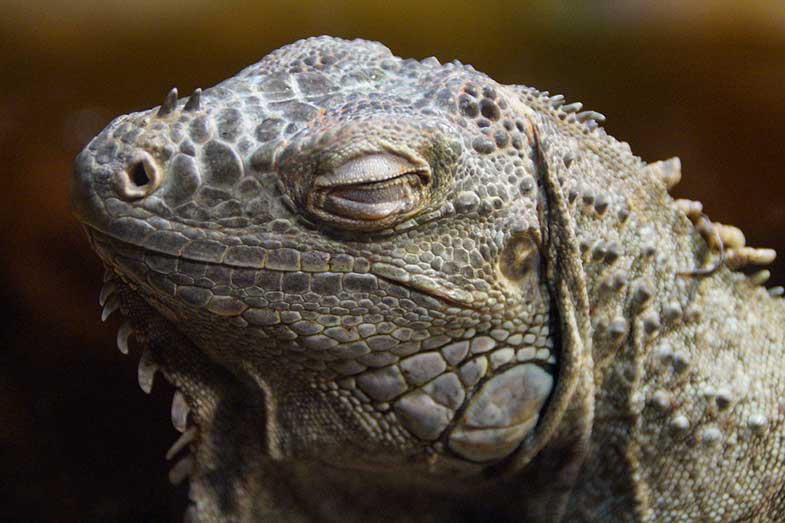
The amount of time an iguana sleeps in a day depends on the iguana itself, but on average, an iguana sleeps around 12 to 13 hours a day. This amount may change at times, depending on the length of the day. If the days become longer, which is around midsummer, it’s not uncommon for iguanas to sleep less since they’ll be too busy basking in the sunlight.
How Do I Make Sure My Iguana Has Healthy Sleep?
If you own an iguana, there are some ways to ensure it has healthy sleeping habits. One of the ways is to adjust the environment where it lives.
You may want to add multiple spots where your iguana can sleep, so it has a choice. We recommend that you use vegetation or other natural materials like leaves, small caves, or small bridges where they can hide. You can find these at the pet store or online. Also, make sure that no light touches these areas so that they can feel safe and only come out when they want to sunbathe.
We recommend investing in a large terrarium. A terrarium not only allows you to add more sleeping options for your iguana but also gives them the freedom to roam around and explore.
Another thing to do is to set a timer for your light so that you can control the heat. During the night, shine the light at its maximum while ensuring that the light weakens during the night. This will match the conditions of the wild.
Some Final Words
Iguanas is that they stick tightly to their routine. They will follow a particular schedule that they don’t usually break unless there is some unforeseen circumstance. Knowing about their sleeping habits in the wild will be vital if you want to own one someday.
Iguanas have certain conditions that they need to meet so that they can have a peaceful sleep. In the wild, they have a vast area where they can meet those conditions. But if they live as a pet, it will be up to the pet owner to provide those conditions. It is only if the pet owner meets those conditions that the iguana will be able to grow healthy and strong.
Understand an iguana’s habitat in the wild first so that you can emulate the area to the best of your ability. This short article should help give you an idea of how they sleep best and what their activities are during the night. That way, you’ll be prepared to take care of your own pet iguana.

